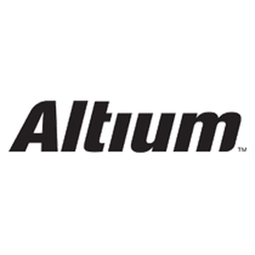Greening PCBs with SODAQ and Altium: A Case Study
- Sensors - Air Pollution Sensors
- Sensors - GPS
- Electronics
- Transportation
- Product Research & Development
- Quality Assurance
- Indoor Air Quality Monitoring
- Track & Trace of Assets
- Hardware Design & Engineering Services
- Testing & Certification
SODAQ, a Netherlands-based company, has been focusing on creating greener Printed Circuit Boards (PCBs) for over seven years. They design hardware and software for a variety of applications, including smart desks and bikes that measure air quality. Their first product, a solar-powered weather station, established them as pioneers in green technology. However, as their designs became more complex, integrating GPS tracking and solar power, they faced challenges. Designing complex PCBs with integrated solar panels required professional design tools. Their non-solar designs, like office desks that can track occupancy, featured custom applications that surpassed the limitations of most PCB design software tools. Managing components and design libraries with their old ECAD software was challenging, and collaboration between mechanical engineers and PCB designers was difficult.
SODAQ is a company based in Hilversum, The Netherlands, that focuses on creating greener, more eco-friendly technologies. They have been working on making PCBs greener for over seven years, designing hardware and software for a variety of applications. Their first product was a solar-powered weather station. They partner with major communications carriers like Vodafone and T-Mobile, electronics giants like Philips, the municipality of Utrecht, and police to develop custom tracking sensors. They also manufacture and sell development packs for use in a wealth of machine applications, each featuring a PCB board, batteries, and antennas.
SODAQ turned to Altium for their design needs. Altium Designer and the cloud-based Altium 365 platform provided the professional design tools SODAQ needed. With Altium, SODAQ could move from schematics to prototypes much easier. The platform also facilitated collaboration between mechanical engineers and PCB designers, allowing them to view projects and the Bill of Materials in real-time. Altium 365 also allowed SODAQ to show their clients 3D models of their designs, which was much easier for clients to visualize. With Altium Designer and Altium 365, SODAQ has been able to refine the designs essential for many of their clients, including custom PCBs for all of their designs. These servers communicate with private and government networks, sending a wealth of data from their custom tracker applications.
Related Case Studies.











